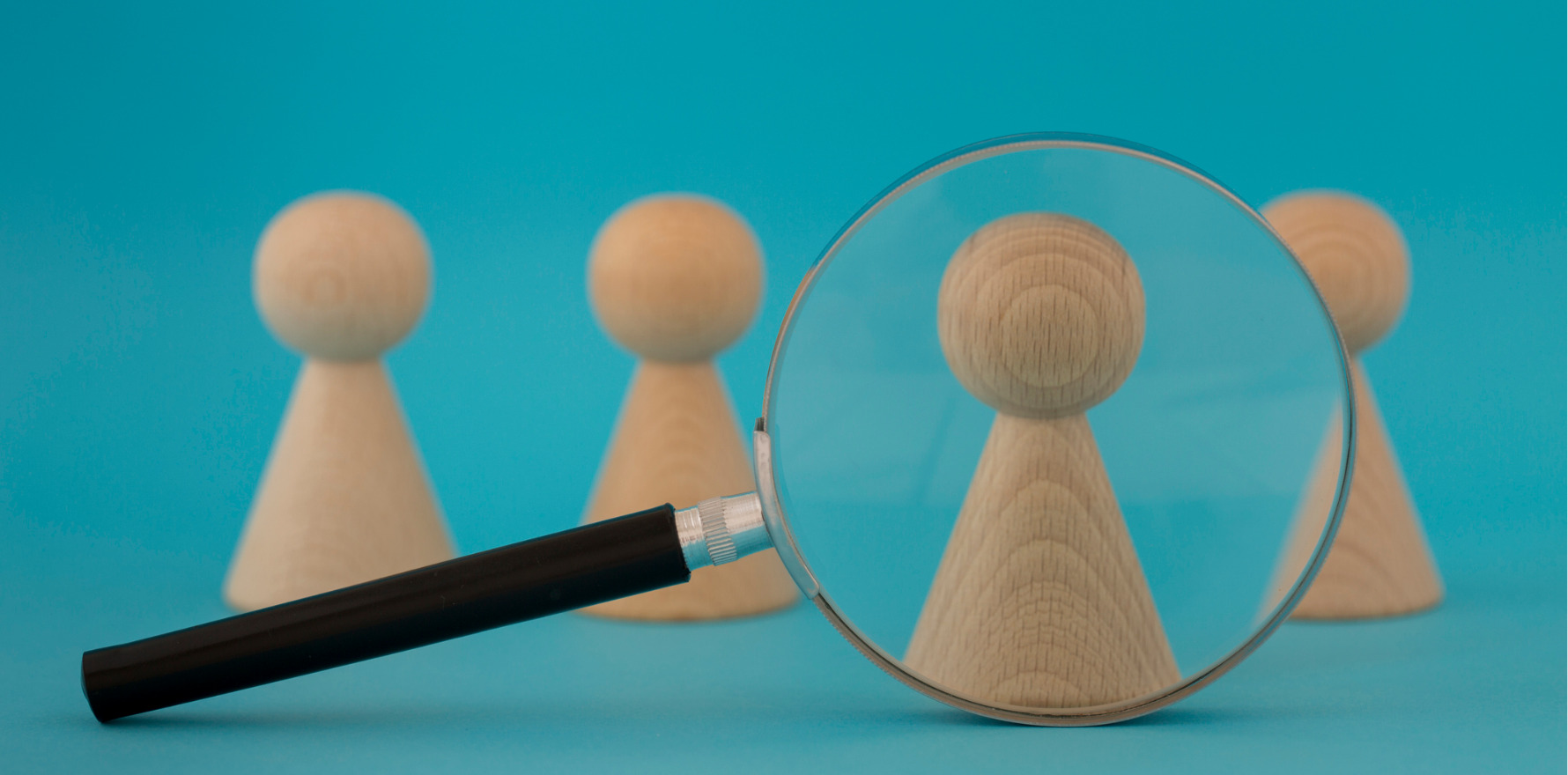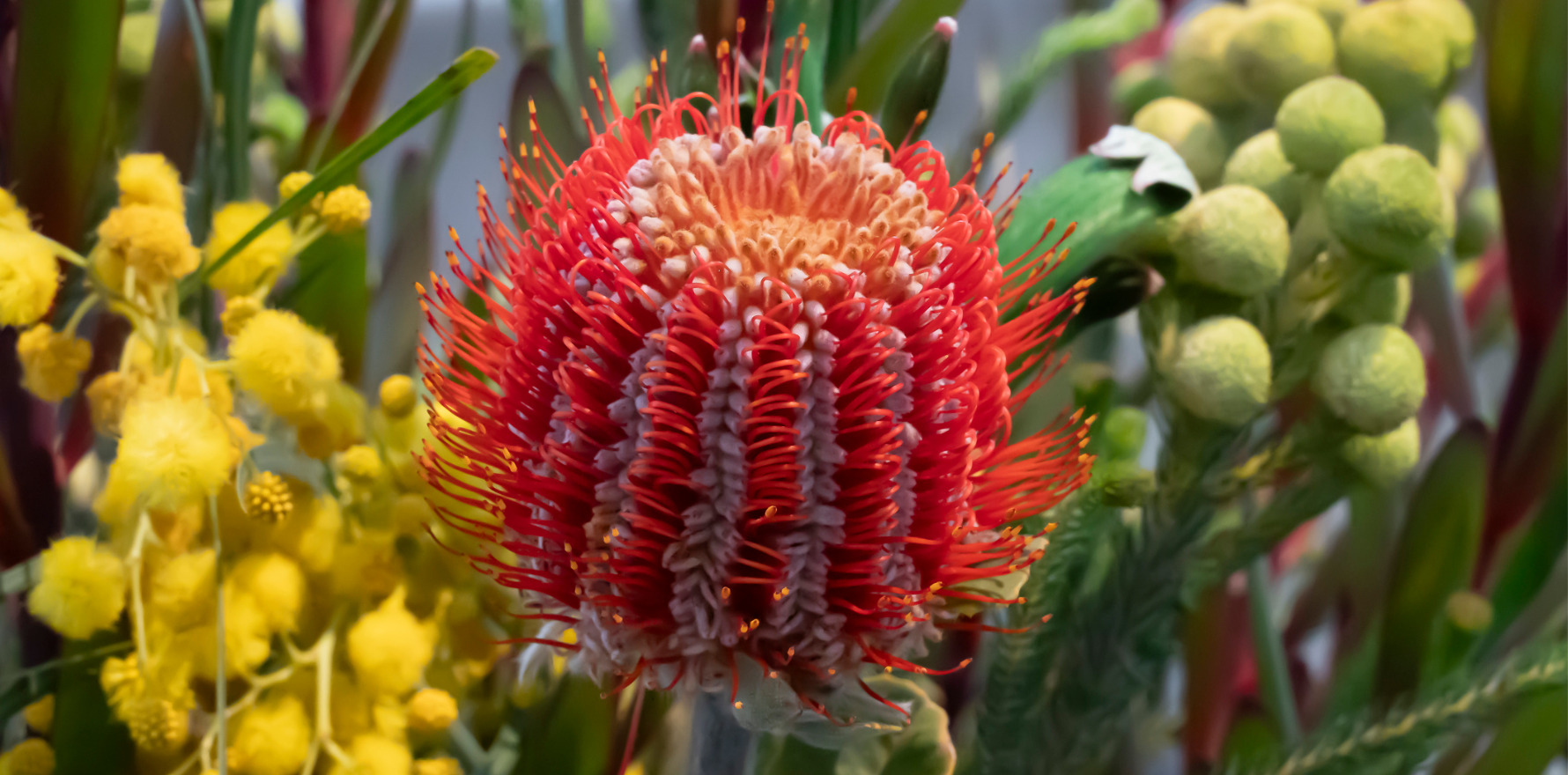A veteran health sector executive steps into top role at Allergy & Anaphylaxis Australia as CEO Maria Said AM transitions to a senior advocacy position after 26 years.
National peak body Allergy & Anaphylaxis Australia has appointed Sarah Emery as its new CEO following an extensive national search.
The appointment follows the decision by Maria Said AM to step aside as CEO after 26 years and move into a newly created senior role focused on advocacy and stakeholder engagement.
Ms Emery brings more than 14 years of senior leadership experience across the health and for-purpose sectors, most recently as chief operating officer and deputy CEO at Assistance Dogs Australia. In this role she led a major transformation program that expanded advocacy efforts, diversified funding streams and increased access to services for clients nationwide.
A&AA chair Michael Linehan said Ms Emery’s appointment reflected the organisation’s ongoing commitment to strengthening its voice and impact.
“We are very pleased to appoint Sarah Emery as CEO of Allergy & Anaphylaxis Australia,” he said.
“Sarah’s leadership experience and her values-driven approach will build on Maria Said’s remarkable legacy and ensure the organisation continues to grow its reach, strengthen its voice, and improve the lives of Australians living with allergic disease.”
Related
Ms Emery, who holds an MBA from Deakin University, began her career as a veterinary nurse before moving into senior executive roles in healthcare. She also served as executive chairperson of the Illawarra Suicide Prevention Awareness Network for four years.
“While my career has spanned both animal health and human health sectors, the common thread has always been improving outcomes for people,” she said.
“I bring a values-led, people-first leadership style that prioritises collaboration, trust, clear communication and accountability.”
Her personal connection to allergic disease – through a close friend’s child at risk of anaphylaxis – has given her insight into the daily challenges faced by individuals and families.
“I’ve witnessed the constant care, advocacy and vigilance that living with allergic disease requires,” she said.
“It’s made me appreciate first-hand the unique role A&AA plays and could play for so many Australians, and being able to contribute to this impact excites me.”
Ms Said will continue to play a pivotal role in its next chapter of the organisation.
“I’m looking forward to sharing everything I’ve learned with Sarah and to working with her in this exciting time of growth for our organisation,” she said.
A&AA continues to collaborate closely with the Australasian Society of Clinical Immunology and Allergy (ASCIA) and is part of an international alliance of patient support organisations advocating for improved allergy awareness, education and care.
According to the Deloitte, ASCIA and National Allergy Council (2025) report, an estimated 8.2 million Australians – about 30% of the population – live with allergic disease, a figure that has more than doubled since 2007.
The financial and wellbeing cost of allergic disease now exceeds $63 billion annually, and rates of hospitalisation for allergy-related conditions have increased significantly, particularly among First Nations Australians.





